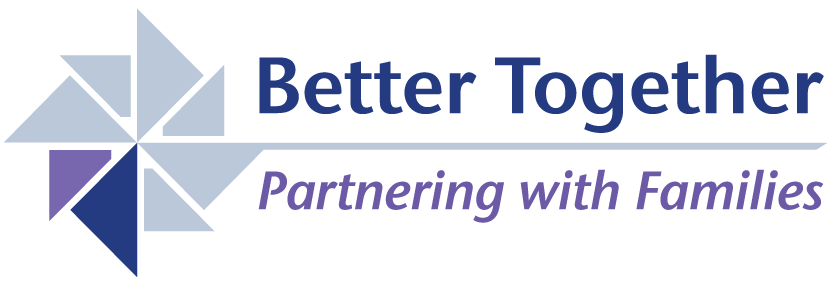
IPFCC appreciates the support of its campaign partners.

IPFCC appreciates the support of its campaign partners.
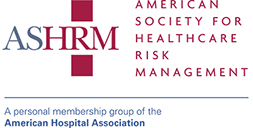
The American Society for Healthcare Risk Management (ASHRM), established in 1980, has nearly 6,000 members representing risk management, patient safety, insurance, law, finance, and other related professions. ASHRM "promotes effective and innovative risk management strategies and professional leadership through education, recognition, advocacy, publications, networking and interactions with leading healthcare organizations and government agencies. ASHRM initiatives focus on developing and implementing safe and effective patient care practices, the preservation of financial resources and the maintenance of safe working environments."
Its mission is to "advance patient safety, reduce uncertainty and maximize value through management of risk across the healthcare enterprise." Activities include, among others, education, sponsoring conferences and meetings, addressing technical risk management Issues, producing publications, and maintaining a professional recognition program.

The American Association of Critical-Care Nurses (AACN), the world's largest specialty nursing organization, represents the interests of more than 500,000 nurses who care for acutely and critically ill patients. AACN is dedicated to creating a health care system driven by the needs of patients and their families.
AACN sets standards for clinical practice, and educates and certifies nurses who care for the sickest patients. AACN awards certification for nurses who are CCRN-certified in critical care or PCCN-certified in progressive care. AACN funds, conducts and disseminates research that contributes to the care of high acuity and critically ill patients. The association publishes three journals and a newsmagazine for nurses to receive the most current clinical information.
AACN has published two research-based Practice Alerts about family presence. Although written for health professionals, it is important for patients and families to be aware of these Alerts. One focuses on hospital policies to determine family access; the other addresses family presence during CPR and other clinical procedures.
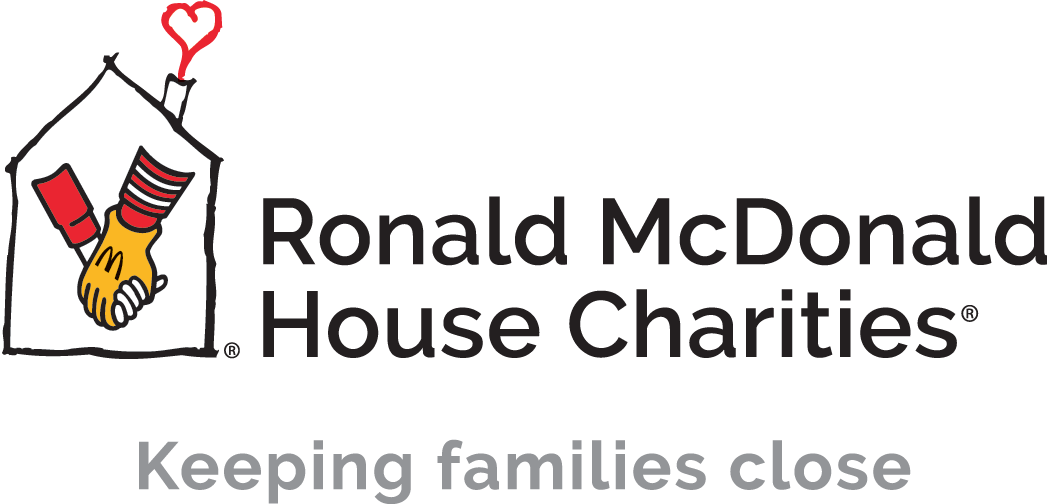
Since 1974, the Ronald McDonald House Charities (RMHC) provides sick children what they need most...their families. RMHC's network of local chapters keeps families together by giving them a place to rest and refresh—a place that feels like home. Local programs are tailored to meet the urgent needs of each community and can be found in more than 60 countries and regions around the world. RMHC helps to address the financial and emotional strains that sick children and their families face fighting illness by providing housing near a hospitalized child, helping with the expense of staying together in another city, or even getting basic medical and dental care in a vulnerable community.
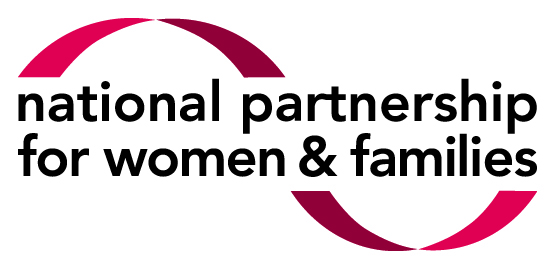
The National Partnership for Women & Families (National Partnership) is a non-profit, non-partisan advocacy group dedicated to promoting fairness in the workplace, reproductive health and rights, access to quality and affordable health care, and policies that help women and men meet the dual demands of work and family. The National Partnership was founded in 1971, as the Women's Legal Defense Fund.
The National Partnership's Campaign for Better Care advocates "that partnerships between patients and their health care providers must be at the center of a transformed health care system...Patients and families have unique insights into their health and the health of their loved ones, and they need to be a part of the teams and the decision-making processes that affect their care."

The Canadian Foundation for Healthcare Improvement (CFHI) is the EXCLUSIVE Canadian partner for IPFCC's Better Together: Partnering With Families campaign.
CFHI supports initiatives that engage patients and families in designing, delivering, and evaluating health services, with the goal of improving the quality of care. CFHI's work supporting 17 organizations across Canada demonstrates that co-designing improvements with patients and families leads to new insights and better results than providers and leaders working on their own. By harnessing the tremendous potential of engagement to drive improvement, CFHI helps organizations understand and create the winning conditions to accelerate health care improvement.
CFHI is supporting 22 teams from health care organizations across Canada to partner with patients and families on quality improvement initiatives. Teams span the continuum of care with diverse projects focusing on self-management of chronic conditions, transitions in care, and more.
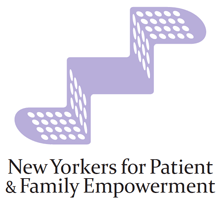
New Yorkers for Patient and Family Empowerment (Patient & Family) is a not-for-profit organization that seeks to empower patients and their loved ones in interacting with the health care system; strengthen public access to information on patient safety; and improve the quality and safety of health care in New York.
Patient & Family's goal is to focus greater attention on patient safety and to counteract the factors that make it harder for patients and their loved ones to achieve greater safety in health care. "Family" is defined to include the key support persons and loved ones in the patient's life, as determined by the patient.
In 2012, Patient & Family, with help from NYPIRG (New York Public Interest Research Group), conducted a survey of visiting policies in the largest hospitals across New York State, and found wide, inexplicable variations in rules—many of which were surprisingly restrictive. The resulting report, Sick, Scared and Separated from Loved Ones, advocated against restrictive policies.

The Health in Aging Foundation is a national non-profit organization established in 1999 by the American Geriatrics Society, to bring the knowledge and expertise of geriatrics health care professionals to the public. The Foundation provides expert, reliable health information to older adults and their informal caregivers; advocates on behalf of programs and policies that help older people lead healthy, active lives; and supports research on the diseases and disorders of older adults.
The Foundation works to educate the public and supports research in the field of geriatrics. It is committed to "ensuring that the public is empowered to advocate for high quality care for themselves or their loved ones, by providing them with trustworthy information and resources." The Foundation's flagship initiative is the website, HealthinAging.org which provides consumers and caregivers with up-to-date information on health and aging.
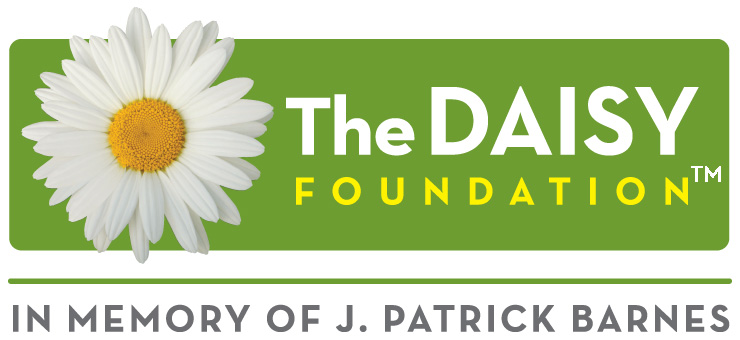
The DAISY Foundation was created in 1999 in memory of the extraordinary nursing care provided to Patrick Barnes during his hospitalization for idiopathic thrombocytopenia purpura. The care Patrick and his family received from Pat's nurses compelled them to say "thank you" for the compassionate and skillful care nurses provide every day.
They established The DAISY Award™ for Extraordinary Nurses that celebrates the best of patient- and family-centered care and has evolved over the years to play a strategic role in health care organizations. DAISY's programs are highly respected by the nursing profession as providing unique, meaningful, and impactful recognition that benefits nurses and their employers.
Today, over 1,800 health care facilities internationally are committed to honoring their nurses with The DAISY Award for Extraordinary Nurses. To date, 45,000 nurses have been honored and more than 425,000 nurses nominated.